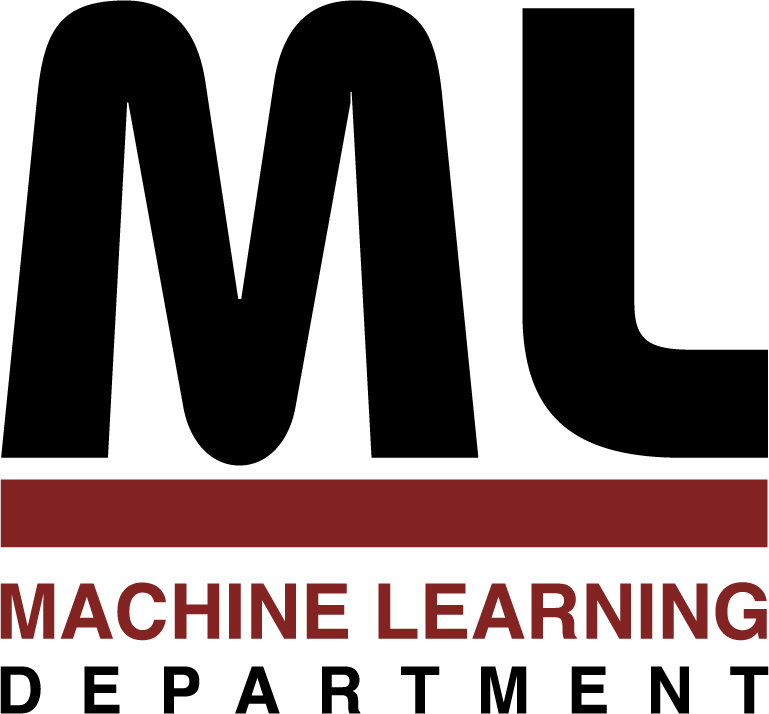
Machine Learning Department
School of Computer Science, Carnegie Mellon University
Active Search with Complex Actions and Rewards
Yifei Ma
May 2017
Ph.D. Thesis
To date, most active search methods are limited by assuming that the query actions and rewards are based on single data points in a low-dimensional Euclidean space. Many applications, however, define actions and rewards in a more complex way. For example, active search may be used to recommend items that are connected by a network graph, where the edges indicate item (node) similarity. The active search reward in environmental monitoring is defined by regions because pollution is only identified by finding an entire region with consistently large measurement outcomes. On the other hand, to efficiently search for sparse signal hotspots in a large area, aerial robots may act to query at high altitudes, taking the average value in an entire region. Finally, active search usually ignores the computational complexity in the design of actions, which is infeasible in large problems.
We develop methods to address the disparate issues in the new problems. In a graph environment, the exploratory queries that reveal the most information about the user models are different than the Euclidean space. We used a new exploration criterion called Σ-optimality, which is motivated by a different objective, active surveying, yet empirically performed better due to a tendency to query cluster centers. We also showed submodularity-based guarantees that justify for greedy application of various heuristics including Σ-optimality and we performed regret analysis for active search with results comparable to existing literature. For active area search for region rewards, we designed an algorithm called APPS, which optimizes for onestep look-ahead expected rewards for finding positive regions with high probability. APPS was initially solved by Monte-Carlo estimates; but for simple objectives, e.g. to find region with large average pollution concentrations, APPS has a closed-form solution called AAS that connects to Bayesian quadrature. For active needle search with region queries using aerial robots, we pick queries to maximize the information gain about possible signal hotspot locations. Our method is called RSI and it reduces to bisection search if the measurements are noiseless and the signal hotspot is unique. Turning to noisy measurements, we showed that RSI has near-optimal expected number of measurements, which is comparable to results from compressive sensing (CS). On the other hand, CS relies on weighted averages, which are harder to realize than our use of plain averages. Finally, to address the scalability challenge, we borrow ideas from Thompson sampling, which approximates near-optimal decisions by drawing from the model uncertainty and using greedy decisions accordingly. Our method is conjugate sampling, which allows true computational benefits when the uncertainty is modeled with sparse or circulant matrices.
153 pages
Manuela M. Veloso, Head, Machine Learning Department
Jeff Schneider (Chair)
Roman Garnett (Washington University in St. Louis)
Aarti Singh
Alexander J. Smola
Ryan P. Adams (Harvard Univeristy)
Andrew W. Moore, Dean, School of Computer Science
School of Computer Science